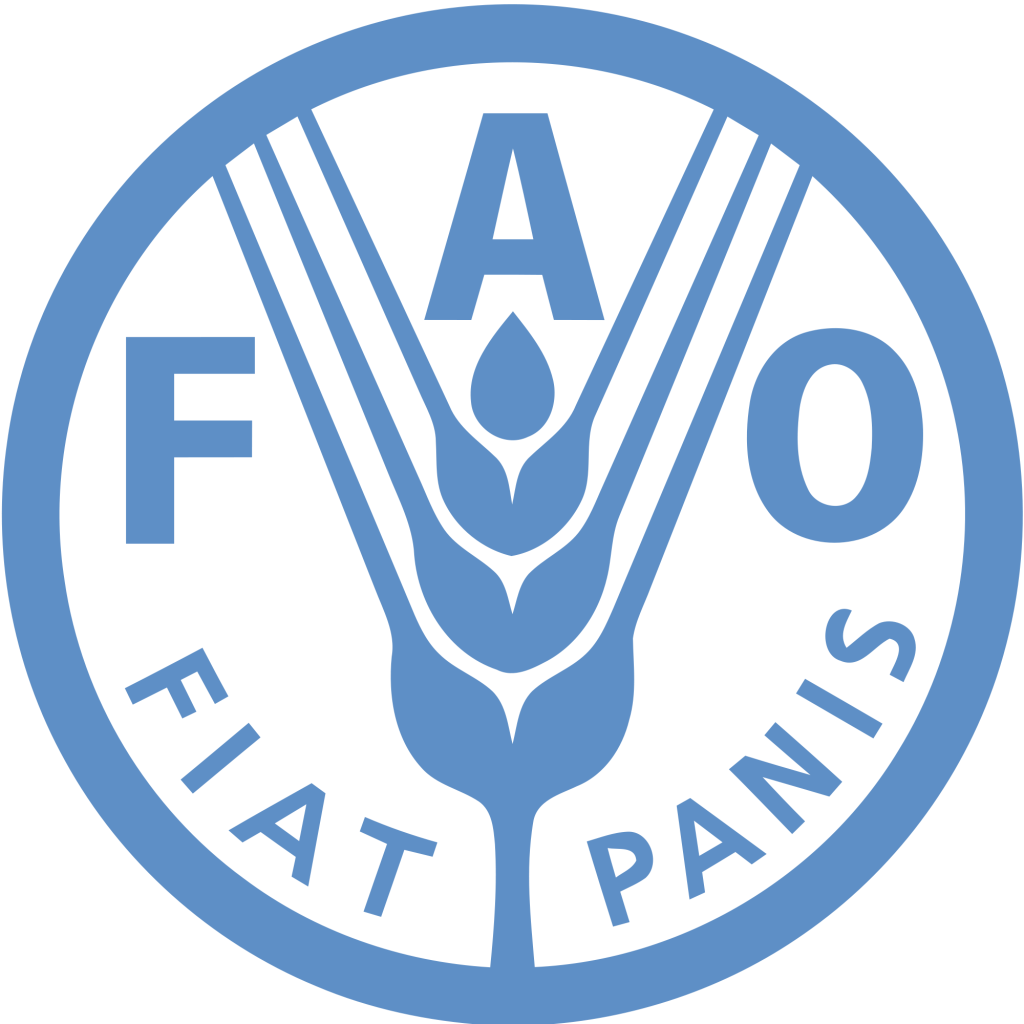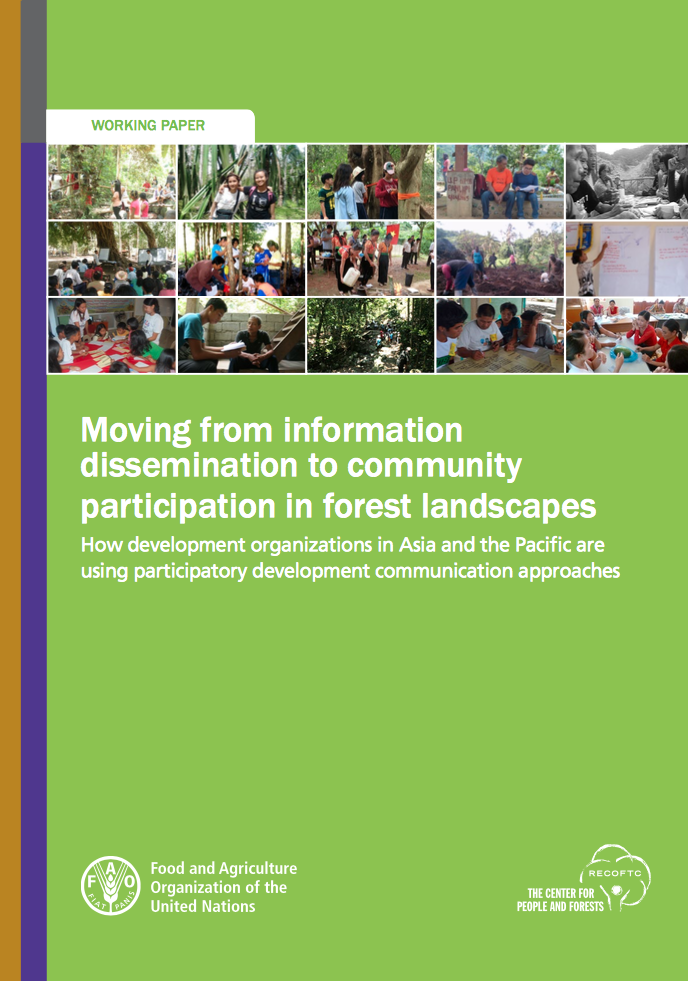Location
The vision of the FAO office in Bangkok is a food-secure Asia and the Pacific region.
Its mission is to help member countries halve the number of undernourished people in the region by raising agricultural productivity and alleviating poverty while protecting the region’s natural resources base.
Agricultural growth in Asia-Pacific has stagnated in recent years, with a serious decline in agricultural investment, and depletion and degradation of natural resources in the face of continued population growth.
The benefits of the green revolution have now been fully realized and there are no revolutionary technologies on the horizon that can rapidly and sustainably reinvigorate agriculture.
Outward migration, especially of the young generation, has led to the "greying" and feminization of the sector; the coping mechanisms of poor households are few, given their limited assets and the fact that a deep recession occurred so soon after the food crisis.
Climate change will impact agriculture in many ways, particularly in areas vulnerable to natural disaster.
The opening of markets improved the mobility of people, goods and services and created employment opportunities for the labour-rich Asia-Pacific economies. At the same time the growing links within the region and with the rest of the world ushered in risks of transboundary plant pests and animal diseases.
Members:
Resources
Displaying 6 - 10 of 293Moving from information dissemination to community participation in forest landscapes
Traditionally, in the context of environment and natural resources management, many communication efforts have focused on the dissemination of technical information to end-users who were expected to adopt them. Development practitioners were trying to ‘push’ their products on communities in order to receive community commitment to their development initiatives.
Shifting cultivation, livelihood and food security
The United Nations Declaration on the Rights of Indigenous Peoples was adopted by the UN General Assembly on 13 September 2007. Since then, the importance of the role that indigenous peoples play in economic, social and environmental conservation through traditional sustainable agricultural practices has been gradually recognized.
Shifting cultivation, livelihood and food security
The United Nations Declaration on the Rights of Indigenous Peoples was adopted by the UN General Assembly on 13 September 2007. Since then, the importance of the role that indigenous peoples play in economic, social and environmental conservation through traditional sustainable agricultural practices has been gradually recognized.
Shifting cultivation, livelihood and food security
The United Nations Declaration on the Rights of Indigenous Peoples was adopted by the UN General Assembly on 13 September 2007. Since then, the importance of the role that indigenous peoples play in economic, social and environmental conservation through traditional sustainable agricultural practices has been gradually recognized.
Forests and Climate Change after Lima: Perspectives from the Asia-Pacific region
Almost every nation is now a signatory to the Convention on Climate Change. The first Conference of Parties (COP) was held in Berlin in 1995. Two decades since, we have come a long way, but we have yet to reach the ultimate objective of stabilizing greenhouse gas concentrations at a level that would end human-induced influence on the climate. While the COP negotiations are landmark events for humankind, many experts who work in the field and are not directly involved in the negotiations cannot claim to comprehend what is being discussed.


